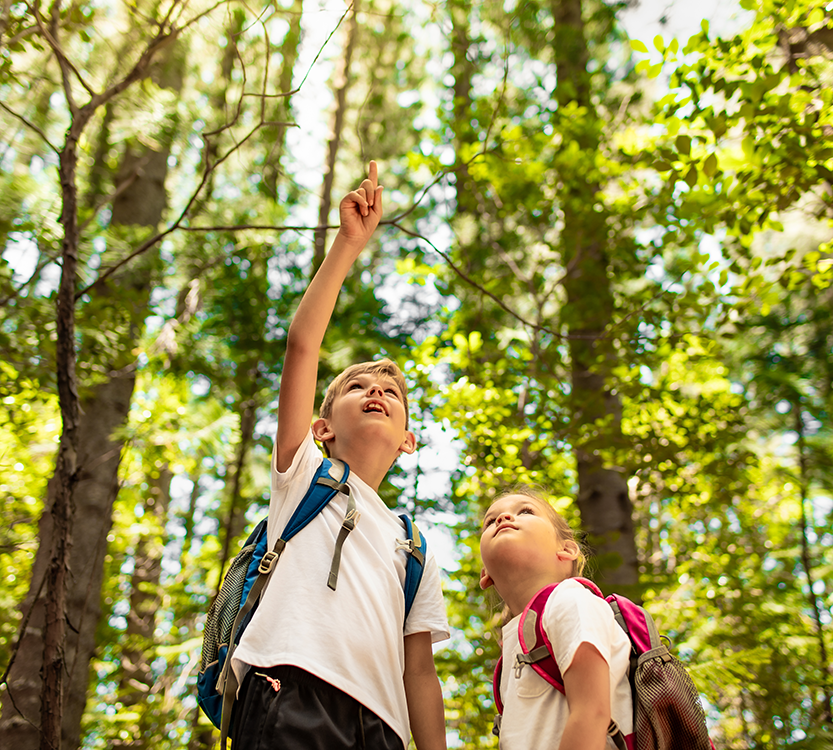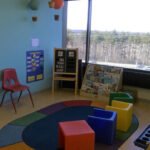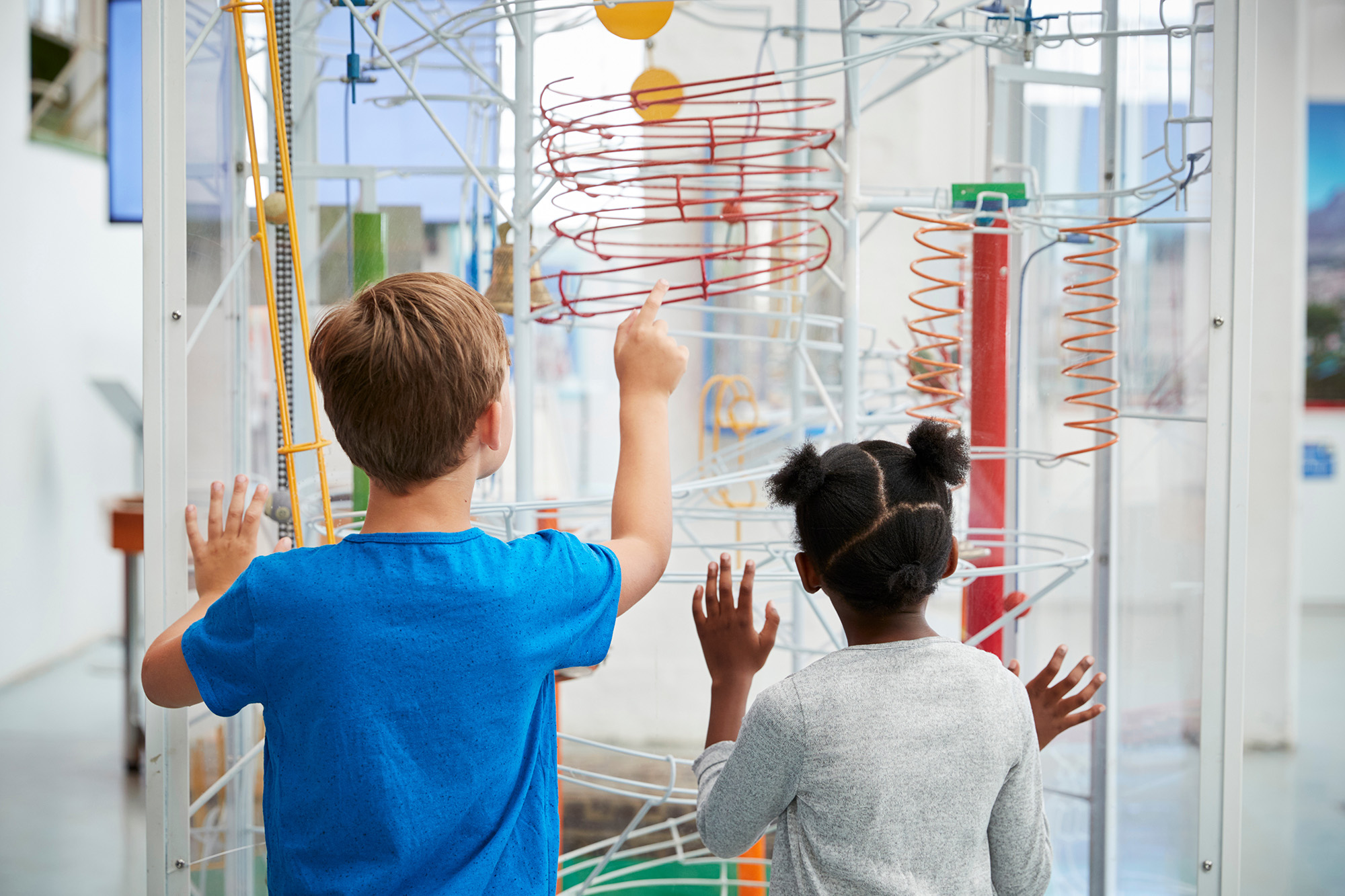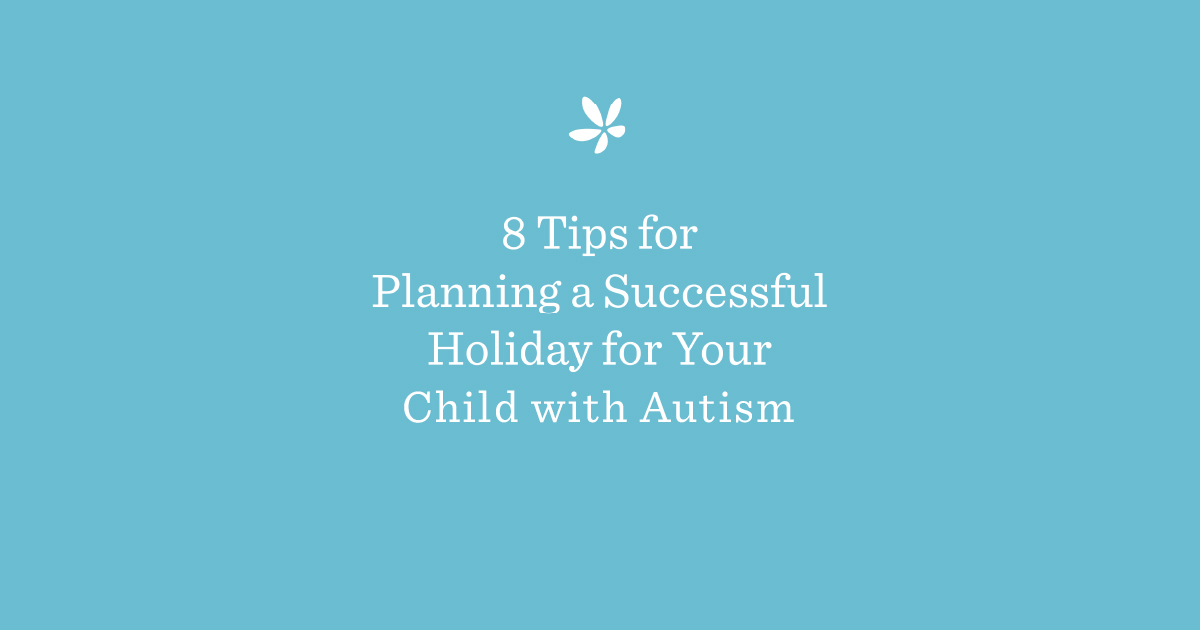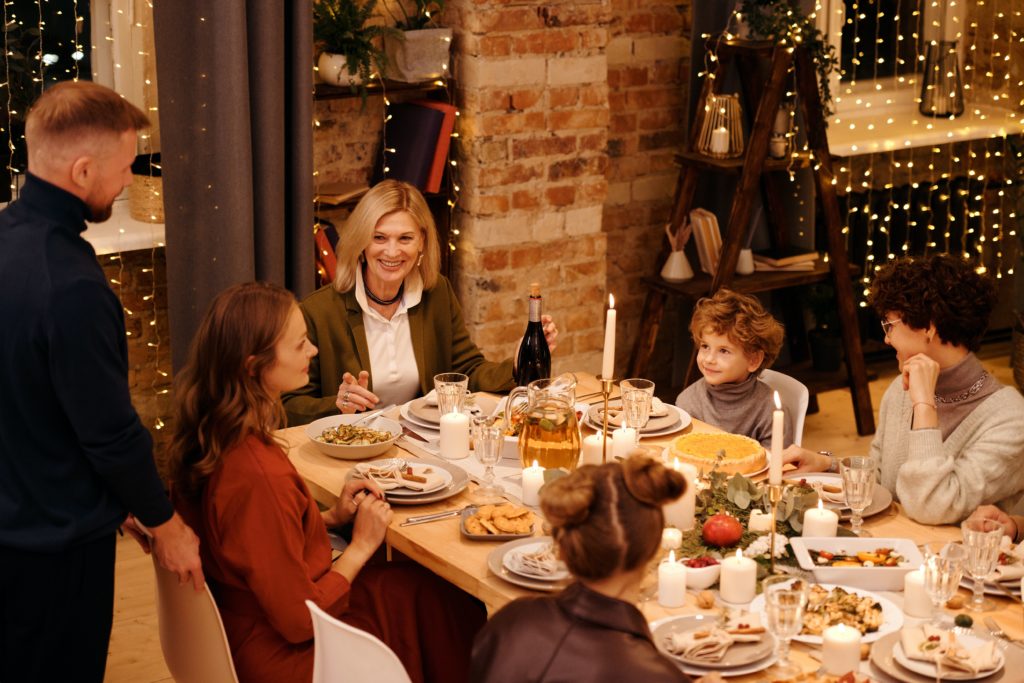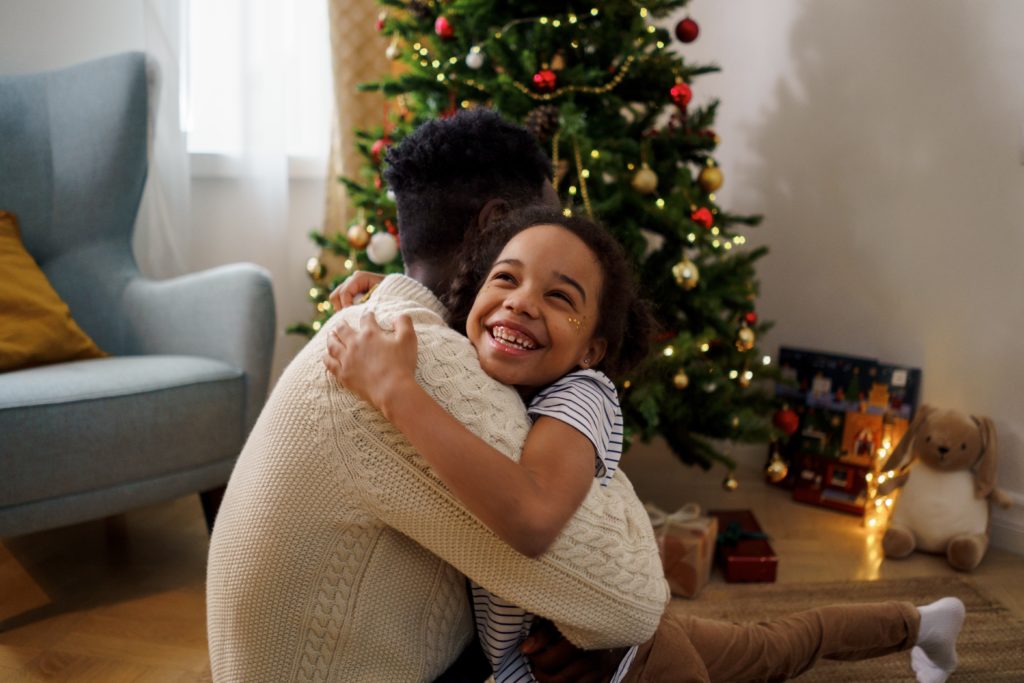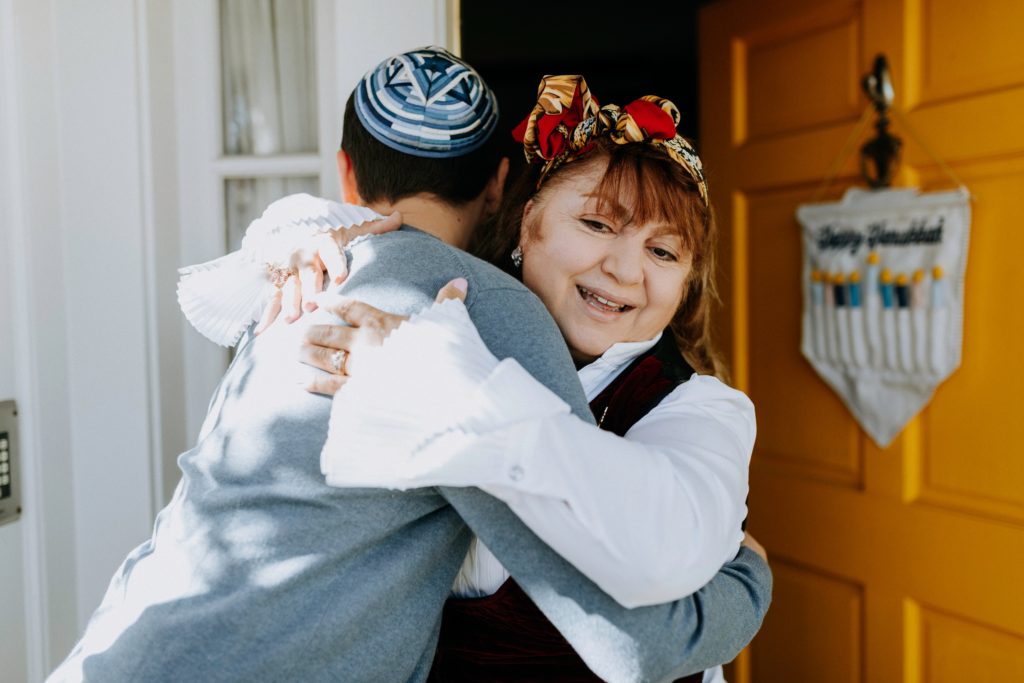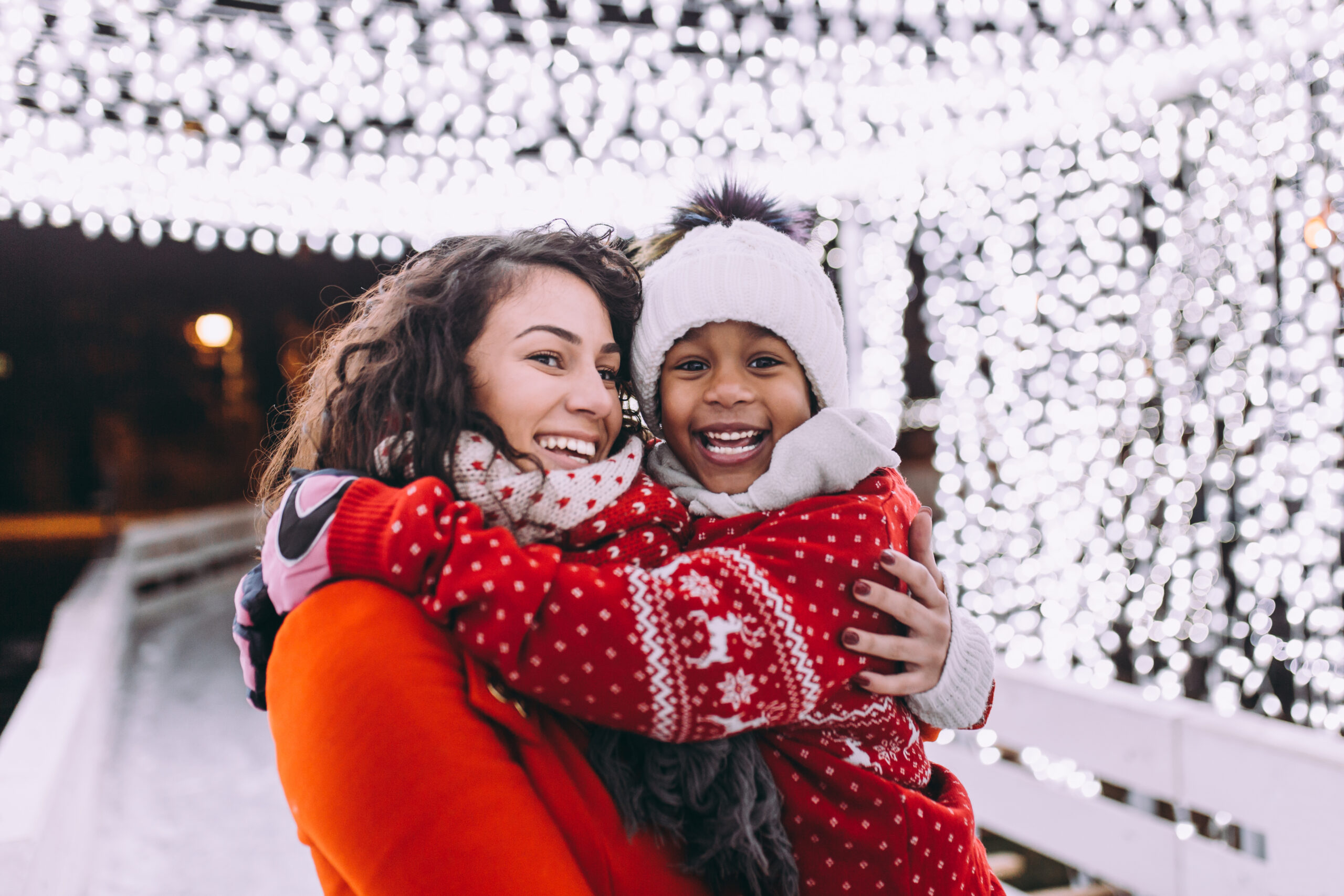Looking for Sensory-Friendly Activities? Try These 5 Spots in Sheboygan, WI
FEATURED POSTS
February 10, 2026
January 27, 2026
Some children experience sensory sensitivities that make bright lights, loud sounds, and crowded spaces a challenge to navigate. For some families, calmer, quieter places help make outings more manageable.
Sensory-friendly activities are designed to be quieter and more adaptable. These environments may lower lighting and sound levels, provide space to move around, and offer accommodations to support a range of needs.
In Sheboygan, a lakeside city on Wisconsin’s eastern shore, several spots offer calm, sensory-friendly spaces. Here are five places where families can relax and explore — without sensory overload.
1. Play and Discover at Above & Beyond Children’s Museum
Looking for a hands-on learning space that feels welcoming? The Above & Beyond Children’s Museum in downtown Sheboygan features interactive exhibits designed for curious kids. On select days, the museum offers sensory-friendly hours with reduced lighting and sound, creating a calmer experience.
Tip for Families: Visit during sensory-friendly hours, or call ahead to ask about accommodations.
2. Explore Nature at Kohler-Andrae State Park
If your child feels more comfortable outdoors, Kohler-Andrae State Park offers plenty of peaceful options. Located along Lake Michigan, it features quiet hiking trails, sandy beaches, and open space for kids to roam at their own pace.
Tip for Families: Weekday mornings are especially quiet. A Wisconsin State Park admission sticker is required for vehicle entry.
3. Read and Recharge at Mead Public Library
The Mead Public Library offers a calm, inviting space with cozy corners and soft lighting in the children’s section.
Tip for Families: Ask at the desk about upcoming sensory-friendly programs.
4. Play Freely at Evergreen Park
Evergreen Park provides wide open green space, shaded picnic areas, and paved trails. It’s a great spot for unstructured play or quiet time in nature.
Tip for Families: The accessible Shaw Family Playground is right next door. The inclusive play space is designed for children of all abilities and is a popular destination for families.
5. Attend a Sensory-Friendly Show at Marcus Theaters
Marcus Theaters Sheboygan Cinema regularly offers sensory-friendly movie screenings. These showings have lower sound, gentle lighting and a more relaxed environment for those with sensory needs.
Tip for Families: If you need additional assistance with accommodations, reach out to the theatre about its “Reel Movies for Real Needs” program and schedule.
Check out our LEARN Behavioral blog on 5 simple play ideas for more sensory-friendly inspiration.
Looking for additional support for your child in Sheboygan, WI? At the Wisconsin Early Autism Project (WEAP), part of LEARN Behavioral, we use science and data to deliver contemporary applied behavior analysis (ABA) therapy, tailored to your child’s unique needs, interests, and personality. Learn more about our services in Sheboygan and contact us today.


